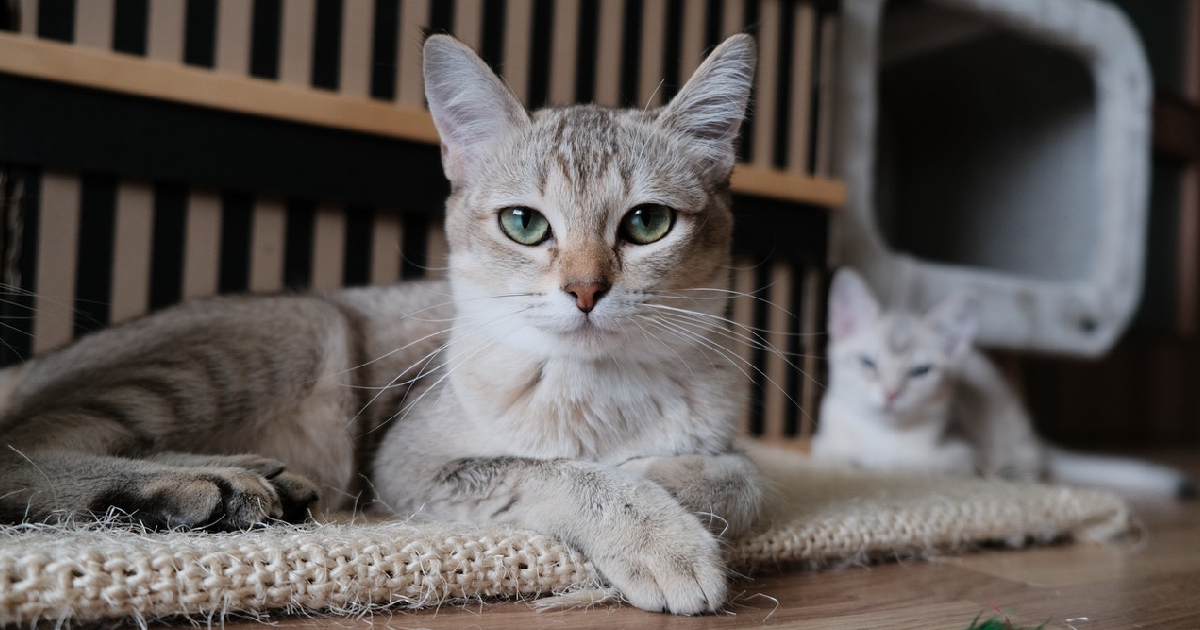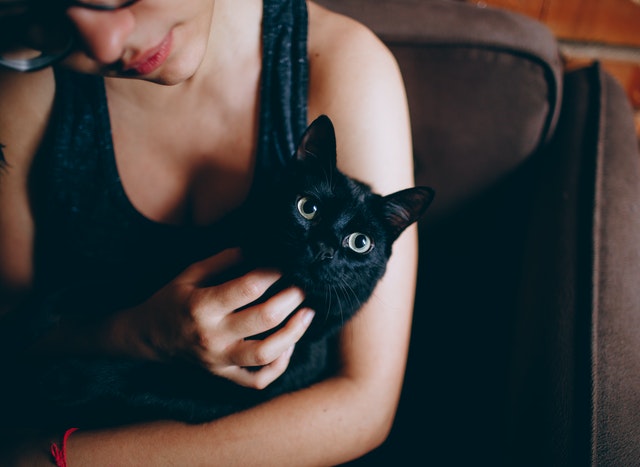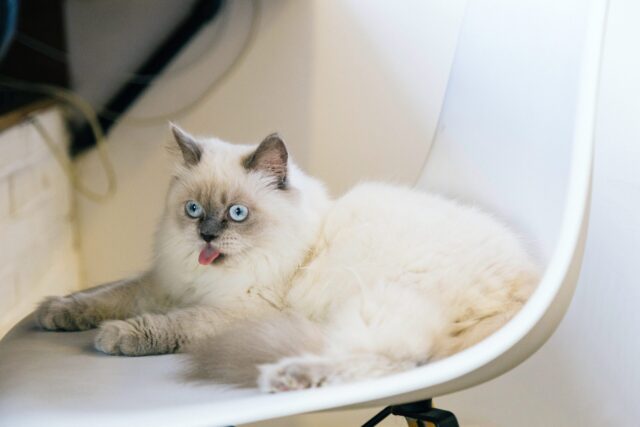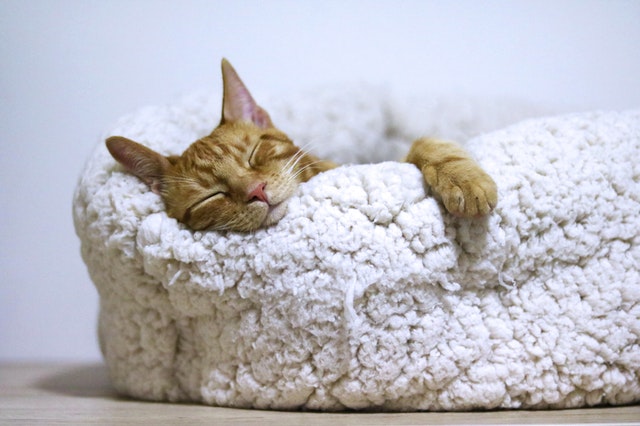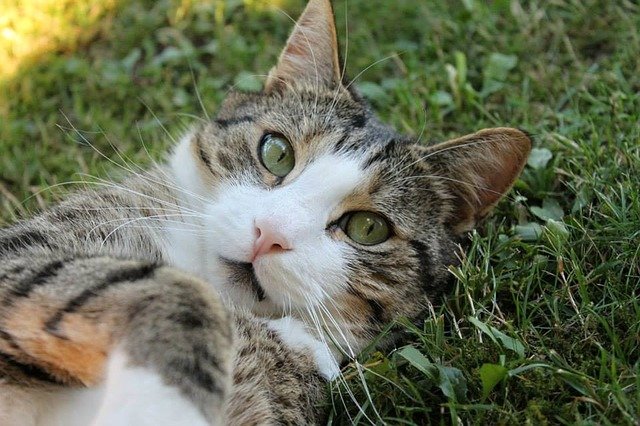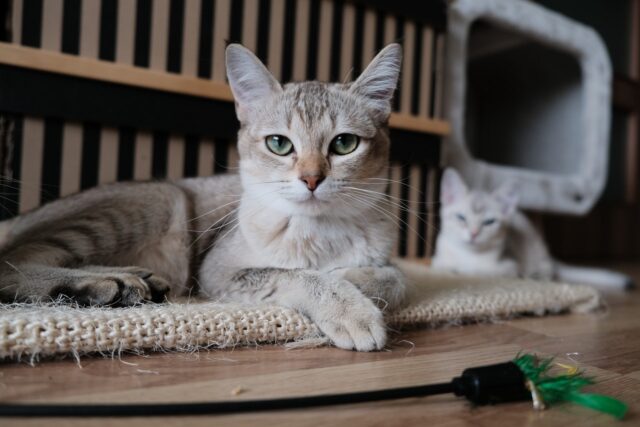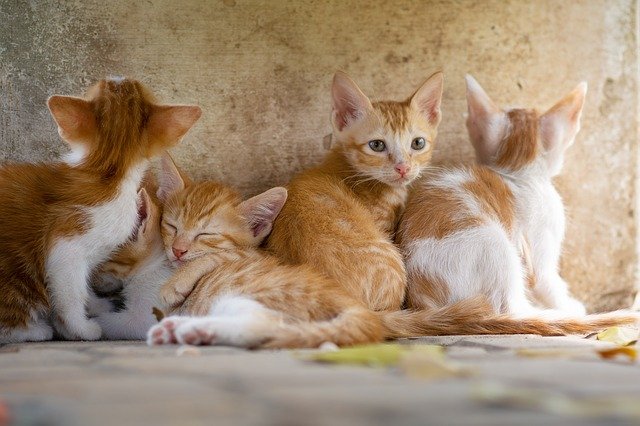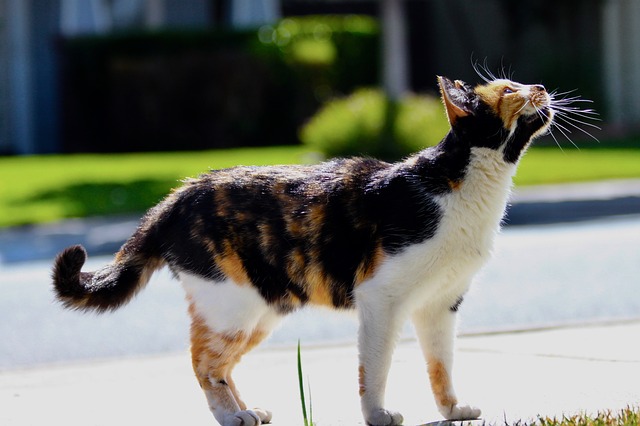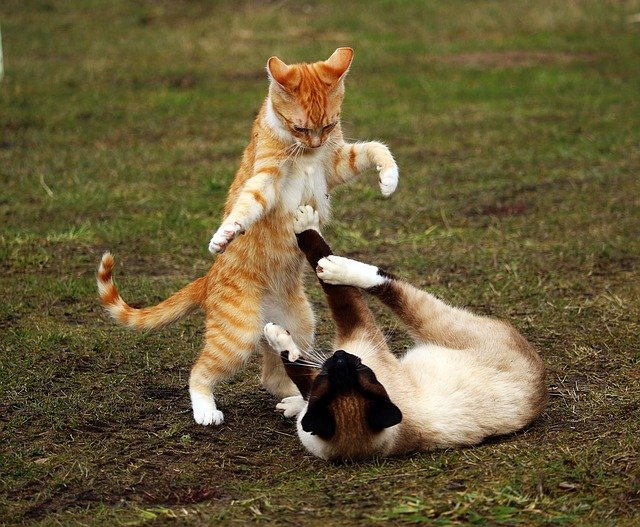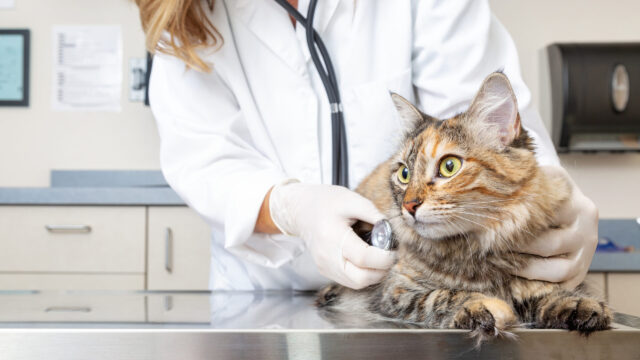Part of being a good cat parent is keeping up with annual check-ups and vaccination schedules for your cat. But when considering cat vaccines, all those letters can look like a confusing alphabet soup, leaving you to ask, “What vaccinations does my cat need?”
Have no fear though, we’ve got the information you need in order to make the most informed decisions possible when it comes to vaccines for cats.
As of 2020, a Task Force of experts in the field of feline veterinary medicine created by the American Animal Hospital Association (AAHA) and the American Association of Feline Practitioners (AAFP) has published updated recommendations for cat vaccination schedules.
Why are these updates regarding vaccinations important? As the Task Force states, “Active immunization, achieved through proper vaccination, plays a critical role in the control of infectious diseases, both for individual cats and for the cat population as a whole.”
Common Questions Regarding Cat Vaccines
Should I have my cat vaccinated?
Vaccination is a personal choice, but for the safety of your cat, it is recommended to have them vaccinated as to keep them from contracting diseases and illnesses that can sicken or kill them. If your cat has access to the outdoors or comes in contact with other felines, it’s possible for them to pick up certain illnesses and then spread them to other cats in the household. But every household is different, the Task Force explaining, “The decision to vaccinate, even with core vaccines, should be based on a risk-benefit assessment for each cat and for each vaccine antigen. Benefits of vaccination should be balanced against the risk of adverse events, likelihood of exposure, and disease severity.”
Do indoor cats need vaccinations?
Again, this comes to personal preference, but keep in mind indoor cats can sometimes be exposed to viruses and bacteria by accident. Indoor cats can be wily and sneak outside for adventure. Out in the world, they are exposed, but annual vaccines will help protect them from illness.
Do vaccines cause side effects?
You may notice your cat doesn’t feel their best after receiving their vaccinations. Don’t be alarmed. Vaccines trigger an immune response which can make kitties and humans feel peaked after inoculations and intranasal administration. Keep an eye out for these vaccination side effects and if they don’t improve after a few days, get in touch with the vet:
- Lethargy
- Fever
- Ill-temper
- Hives
- Lameness
- Vomiting or diarrhea
- Loss of appetite
Are there different types of vaccines?
This muddle of letters gets even more confusing when adding clinical terms regarding the type of vaccine administered. Here’s a glossary to help make heads and tails when it comes to vaccines for cats:
- Inactive vaccines are “vaccines in which the target pathogen is ‘killed’ and therefore unable to replicate in the host.” Which means no live virus swimming in the bloodstream, but the immune system now knows what to do in the face of infection by the live virus or bacteria in question.
- Attenuated live vaccines are modified live viruses that introduce the body to viruses and bacteria in small amounts as not to sicken the host, but to introduce the immune system for the production of antibodies.
- Recombinant vaccines “are created through manipulation of the deoxyribonucleic acid (DNA) of a pathogen in the laboratory” and when injected into the body the modified DNA triggers an immune response to the modified virus or bacteria.
If you want to know which type of vaccine your veterinarian prefers, just ask! Have them explain the benefits and risks of each type when it comes to your cat’s needs.
Now, let’s get to the point and check out the core and non-core vaccines for cats!
Core Vaccines for Cats
These core vaccines for cats are deemed beneficial to all felines, even indoor cats who have no contact with other felines.
FVRCP
Considered a core vaccine necessary for all cats, this combination vaccine, also known as the ‘distemper shot’ protects cats from three different viruses:
- Feline viral rhinotracheitis – The FVR of this combination vaccine represents feline herpesvirus or FHV-1, one of the two most common viruses behind upper respiratory infections in cats.
- Calicivirus – This is the other common virus known to cause respiratory infections in cats and is highly transmissible in multi-cat environments.
- Panleukopenia – Also known as FPV or distemper, this viral illness can cause low white blood counts and severe diarrhea. It can be fatal, especially for young kittens and pregnant queens.
There are no cures for any of these three viruses, so prevention through vaccination is key.
Initial Dose and Booster Schedule: The first injection for the FVRCP vaccine is administered to kittens at 6 – 8 weeks of age. The first booster should be repeated between 6 months to one year in age. After these initial doses, revaccinate every 3 years.
FeLV Vaccine
According to AmericanHumane.org, “Feline leukemia (or FeLV) is the leading viral killer of cats.” As the most common cancer in cats, the virus weakens cat immune systems and causes blood disorders. A weakened immune system leaves cats with a higher risk of contracting other illnesses, which they can’t fight as effectively because of the leukemia.
Initial Dose and Booster Schedule: At 8 weeks of age, kittens can receive the first dose with a second dose administered 3 – 4 weeks later. Revaccination occurs 12 months later, setting a schedule for an annual vaccination protocol for cats considered at higher risk for contracting feline leukemia.
Rabies
A viral disease spread through bites by infected animals, rabies affects the central nervous system and leads to death. Some states require rabies vaccinations by law; check to see if your state is one of these.
Initial Dose and Booster Schedule: Kittens can receive their first rabies shot between 12 – 16 weeks of age, but no earlier than 12 weeks. The new recommendations for 2020 suggest revaccination every three years.
Non-Core Vaccines for Cats
For cats who spend more time outside or with other cats, these non-core vaccines are recommended to keep a multi-cat populous healthy.
Bordetella
Another nasty bug known to cause respiratory illness in cats, Bordetella strikes the lower respiratory system and can be severe for kittens. Though this bacteria is highly-transmissible, the Bordetella vaccine is not always administered to companion cats as it doesn’t offer a full spectrum of protection against infection. However, this vaccination can be used to slow the spread in multi-cat environments where Bordetella has been confirmed.
Initial Dose and Booster Schedule: Intranasal administration can be given to kittens 16 weeks in age and beyond.
Chlamydia
Feline Chlamydia is a bacterial infection that causes conjunctivitis in cats and kittens as well as respiratory issues. Like the Bordetella vaccination, Chlamydia vaccines aren’t always fully effective at protecting cats from infection. Once detected in a multi-cat setting, the vaccine can be administered to slow or halt its spread. The Task Force does point out, “Vaccination may be associated with a higher risk of adverse effects (lethargy, limb soreness, anorexia).”
Initial Dose and Booster Schedule: Kittens can receive inoculations at 8 – 10 weeks with second doses occurring 3 – 4 weeks later.
Vaccines No Longer Recommended for General Use in Cats
FIP Vaccine
Feline Infectious Peritonitis (FIP) in cats causes upper respiratory symptoms as well as stomach issues like diarrhea, depression, and weight loss. Vaccinations for FIP are no longer considered relevant as “its uncertain ability to uniformly prevent disease in North American cat populations does not justify its routine use”.
FIV Vaccine
Feline Immunodeficiency Virus (FIV) often scares people when they hear the term, but FIV+ cats can still live long and healthy lives with good care. There is no cure for FIV and vaccination used to be recommended for prevention, but thoughts have changed. PetMD.com lists the reasons the FIV vaccine is no longer widely in use:
- Indoor cats aren’t typically exposed to FIV as its transmitted mostly by outdoor cats during fighting behaviors like deep bites and scratches.
- The FIV vaccine doesn’t provide full immunity to cats.
- Repeated boosters of the FIV vaccine increase a cat’s risk for injection-site sarcomas.
- Vaccinations led to false-positive results and diagnosis of FIV.
If you’re having trouble deciding what vaccines are right for your cat, the AAHA offers a Lifestyle-based Vaccine Calculator to help you decide. You can also contact your veterinarian’s office to discuss the perfect cat vaccination schedule for your feline.
Please SHARE to pass on this story to a friend or family member.
